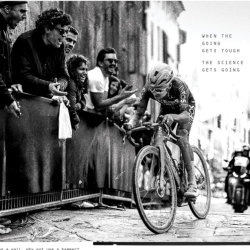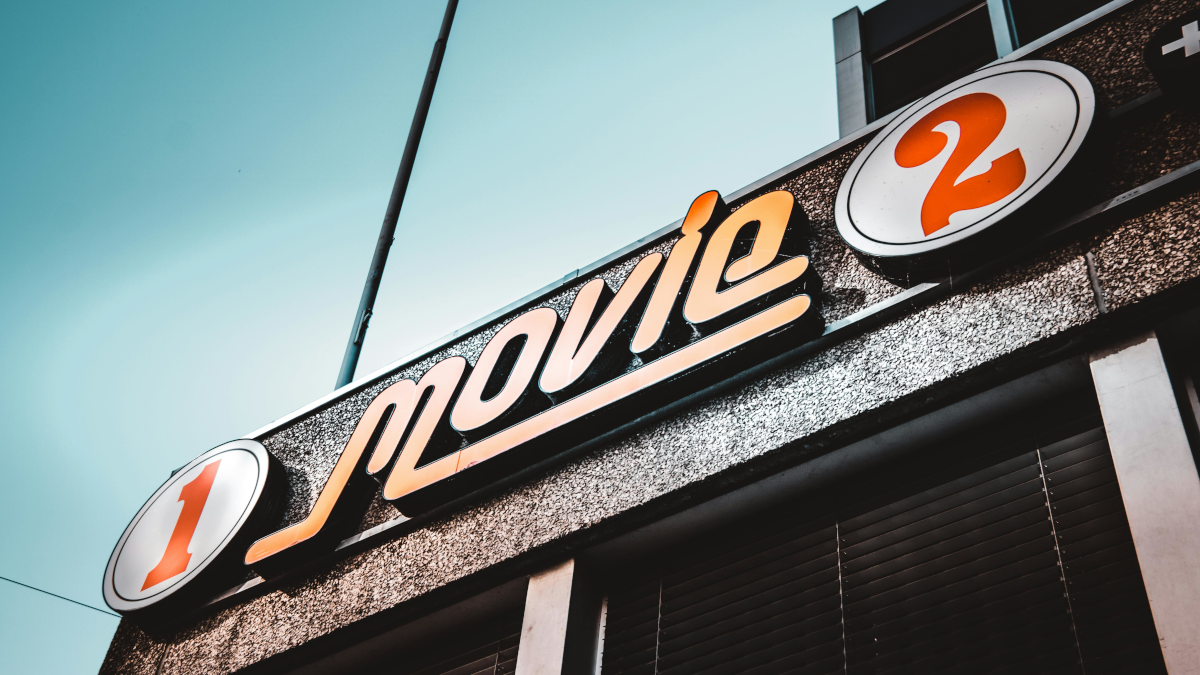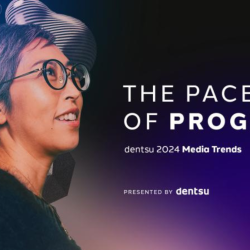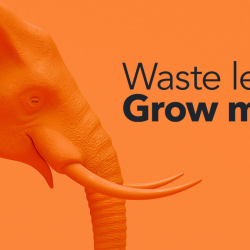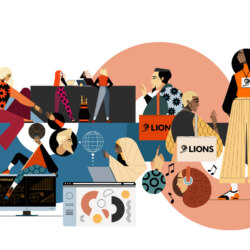Embracing the philosophy of ‘spend less, live more’, I recently encountered a fascinating contradiction as a digital marketer. Research, including studies on how individuals with varying neurological profiles perceive advertising, highlights that our cognitive experiences can greatly influence how we interact with marketing content. This insight has been crucial in shaping my understanding of the complexities inherent in digital marketing.
In the face of our shared challenges, a cost of living crisis and pressing environmental concerns to name but a few, it seems perplexing to see brands continuing to encourage increased consumption. As someone who navigates the digital marketing landscape with caution, I often consider the relevance of the advertisements we’re bombarded with. Are they resonating with our true needs and values? Or are they merely reflections of engineered trends, designed to create a false sense of necessity? Stanley cups serve as a perfect recent example of this phenomenon.
Seemingly functional items have evolved into collectibles, triggering a trend where people accumulate more than they need. This trend isn’t born out of a genuine requirement, but from a cleverly orchestrated marketing strategy. It’s a clear manifestation of how businesses, faced with surplus stock, create trends to accelerate sales. This approach to consumerism raises critical questions about the relevance and responsibility of marketing practices, especially in an era where sustainability should be at the forefront. It’s not just about selling a product anymore; it’s about understanding the consumer’s changing priorities and aligning with them.
How does spending less lead to a more fulfilling lifestyle?
1 Enhanced financial freedom
Spending less reduces financial stress by alleviating the burden of debt and unnecessary expenses. This freedom allows for a more relaxed lifestyle, where you’re not constantly worried about stretching your budget.
2 Increased appreciation for what you have
Limiting your purchases fosters a deeper appreciation for items you already own. This mindset cultivates gratitude and contentment, leading to a more satisfying and less materialistic way of life.
3 Environmental consciousness
By consuming less you contribute to reduced waste and lower carbon footprints. This responsible choice not only benefits the planet but also brings a sense of fulfilment in making environmentally friendly decisions.
4 More time and energy for meaningful activities
Less time spent shopping and managing possessions frees up time for hobbies, relationships, and personal growth. Engaging in activities that enrich your life leads to greater overall happiness and wellbeing.
5 Long-term perspective on happiness
Shifting focus from short-term gratification to long-term goals and values can lead to more lasting and profound sources of happiness. This perspective encourages investment in experiences and relationships, which are often more rewarding than material goods. This attitude to spending has profoundly impacted my life, shifting my focus from material possessions to experiences and relationships, enriching both my personal and professional life. Remember, in a world where influencers often persuade us to acquire things we don’t need, you have the ultimate influence over your own life.
By making conscious choices, you can defy the trend-driven narrative and truly define what brings value and meaning to your existence
In my role as a digital marketer introspection has been a key part of my professional journey, especially when considering my impact on the cycle of overconsumption. In the past, I often felt I was contributing to the problem rather than being part of the solution. This reflection prompted a crucial question: was I reinforcing the ‘buy more, live better’ narrative, or could I transition towards a more ethical, sustainable approach? Striking the right balance between innovative marketing and ethical responsibility has become my guiding principle. If I leave you with some advice, it would be that the next time you find yourself in the grips of a trend, ask yourself, ‘Do I need that?’ Add it to a basket or a wish list and leave it for a few days. I’d also advise you to remove certain apps from your phone, but that’s on you to figure out the ones that influence you most.
Remember that businesses with a surplus of unsold stock will try harder to move it. It’s popular by design not by demand. As you wade through the myriad of advertisements and marketing tactics, it’s crucial to stay grounded in your values and make choices that resonate with your true needs and the well-being of our planet.
In the end, it’s about redefining our relationship with consumerism. ‘Spend less, live more’ isn’t just a catchy phrase; it’s a mantra that encourages us to rethink our consumption habits. It urges us to find value in experiences over possessions, in quality over quantity.
Featured image: Clem Onojeghuo / Pexels






